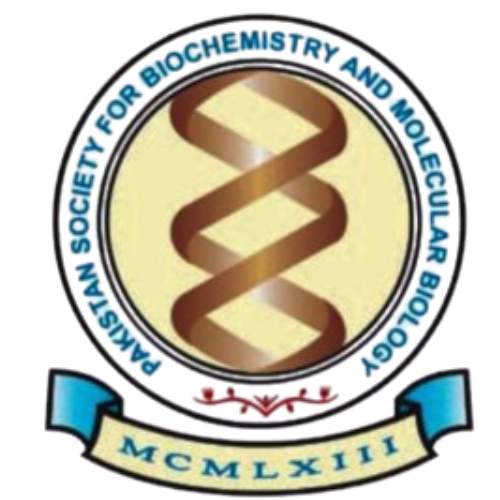15th -PSBMB – Biennial Conference
The 15th Biennial International Conference of the Pakistan Society for Biochemistry and Molecular Biology (PSBMB), titled “Trends in Molecular Sciences,” was held from April 14–17, 2025, at the University of the Punjab, Lahore, Pakistan. The conference brought together leading researchers and academicians from Pakistan and abroad to discuss the latest advancements in biochemistry, molecular biology, biotechnology, drug discovery, artificial intelligence in life sciences, and regenerative medicine. Organized under the patronage of prominent figures such as Prof. Muhammad Ali and Prof. Khalid Mahmood Khan, the event featured distinguished plenary and invited speakers from institutions like the University of Oxford, University of East Anglia, and Universiti Teknologi Malaysia. The scientific program included sixteen thematic tracks covering agricultural biotechnology, medical genetics, enzymology, cancer biology, antimicrobial resistance, and stem cell research. A strong emphasis was placed on emerging technologies like CRISPR, AI-based drug development, sustainable biomanufacturing, and precision medicine. The conference featured over 8 plenary sessions, 4 symposium lectures, 27 invited talks, 81 oral presentations, and 124 poster presentations. Highlights included a special symposium on infectious diseases, a concluding awards ceremony, and a city tour. Overall, PSBMB-TMS-2025 served as a dynamic platform for scientific exchange, fostering collaborations and highlighting cutting-edge research trends in molecular sciences.
In terms of financials, the conference was funded through registration fees and support from PAS Punjab, PAS Islamabad, Punjab University, and COMSTECH, the event was widely acknowledged for its academic excellence, seamless organization, and contribution to promoting molecular sciences in Pakistan.
.
Asbtract of Conference
